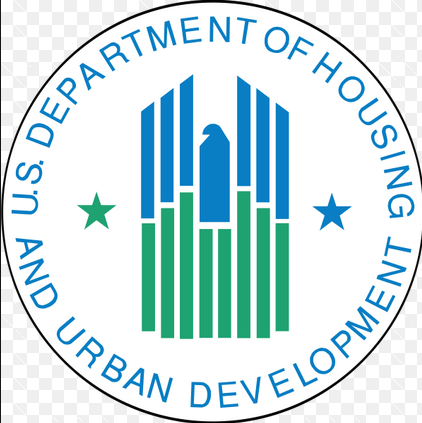Dominique Toney had to head back inside to check on her sleeping 6-month-old — but first she wanted to hear the number again.
Toney, 32, stood outside the door to her apartment in Brookland Manor, a squat and sprawling Depression-era apartment complex in Northeast Washington that houses more than 1,000 mostly low-income tenants. Toney lives in a federally subsidized unit with her two children. She had just finished taking out the trash.
“Nine hundred dollars?” Toney repeated, reaching for the door frame. It would mean “everything” for her children, Toney said. She would have to slash expenses. The first one: “eating.”
The figure represents the average annual increase in rent that the District’s poorest residents would pay under Housing and Urban Development Secretary Ben Carson’s proposal this spring to raise rents in federally subsidized housing across the United States.
Carson’s proposal, if approved by Congress, would at least triple the minimum rent that extremely low-income Americans such as Toney pay for housing. The plan raises the monthly minimum rent charged by public housing agencies from $50 to $150. It also increases the rent paid by tenants in subsidized housing from 30 percent of adjusted income to 35 percent of gross income.
A recent analysis by the nonpartisan Center on Budget and Policy Priorities (CBPP) showed the nation’s capital would see a larger increase in rent than any of the 50 states would experience.
The proposal has drawn widespread condemnation from housing advocates.
Carson has argued that rent increases will push people receiving federal housing assistance to find work. “It’s our attempt to give poor people a way out of poverty,” Carson said in an interview with Fox News.




